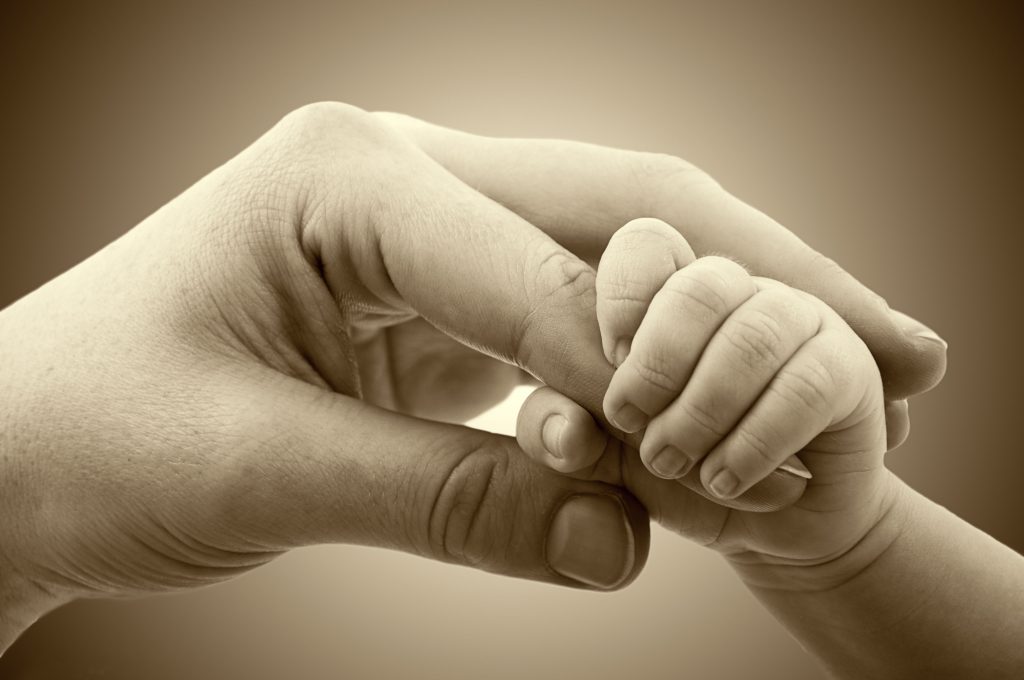Last week, Catholics for Choice launched a public relations campaign called “Abortion in Good Faith.” In it, the group claims that “public funding for abortion is a Catholic social justice value.”
The campaign and the organization have received much well-deserved, high-profile denouncement from Catholic press and Church leaders, including Cardinal Timothy Dolan, chairman of the U.S. Conference of Catholic Bishops’ Committee on Pro-Life Activities.
It bears repeating that Catholics for Choice is a well-funded abortion-rights lobby group with virtually no grassroots support. It is not a Catholic organization, has no support from Catholic hierarchy, and not only does not represent authentic Catholic teaching, but cannot decide what “ought” to be Catholic teaching on abortion or any life issue.
That said, the campaign is savvy enough that it raises questions many Catholics may find difficult to answer. The campaign focuses on providing resources (in this case abortion) for the poor, particularly poor women, in the name of social justice.
It leads us to a critical question: What is Catholic social teaching and is it opposed to abortion and the public funding of abortion?
Catholic social teaching is fundamentally different from social work. Its starting point is the reality that each person is made in the image and likeness of God. Each person is created to know and love God, and each person is created to be a saint. And it is crowned with the assertion of Jesus that, “Whatever you did for one of these least brothers of mine, you did for me.”
The social mission of the Church sees the need of every person as an opportunity to serve Christ. And, through service — both charitable works and acts of justice that create systemic change — we come closer to building the kingdom on earth. This is a vital distinction. Catholic social teaching does not seek to solve a particular crisis or resolve a particular conflict; it seeks to build the kingdom of God here on earth!
If we don’t first understand what a person is and what he or she is created for, how can we adequately assess whether a particular structure or process or practice will lead to human flourishing?
Catholic social teaching analyzes every situation as it relates to the human person created in the image and likeness of God. Does it correspond with the deepest longings of the human heart — to be loved and treated with dignity? Does it create saints? Does it build the kingdom of God?
Honestly, some of the situations we have to deal with are flawed. There are excellent people trying to solve the problems in our education system and our public assistance system from a variety of angles.
But, other situations are straight-forward. Abortion ends the life of an unborn child, at his or her most vulnerable moment. And, it forever wounds the woman who had to make the incomprehensible decision that her life was worth more than that of her child. This is the reality of abortion. It is a crude and violent “solution” offered to a person in great need, a person created to be a saint. It is an act that, repeated millions of times over, has created a society that is hostile to life.
It is for these reasons that abortion is the very antithesis of Catholic social teaching. Directly ending the life of an innocent person can never be in the best interest of that person. And, encouraging a woman to choose abortion for her unborn baby is not in keeping with the dignity owed her as a child of God.
Rather, the job of those involved in the social ministry of the Church is to create a world that is worthy of the beautiful human creations God has made. Would that the funding used to promote abortion instead offer women the ability to embrace the gift of a new human life!
Each time we help someone choose life over death and poverty and anger, we join our actions to those of Christ and become more fully human ourselves, more fully alive. When we embark on the life-affirming work of encouraging a woman to embrace life for her unborn child, we and she become more fully alive and the baby is (quite literally) allowed to stay alive! This is not some unattainable goal. This is not a pipe-dream. With effort, it can be done!
What would Catholic social teaching recommend we spend our time, money and energy on? How about: life-affirming pregnancy clinics that offer low cost medical care; help staying in school while pregnant and parenting; help keeping a job while pregnant and parenting; housing for at-risk pregnant and parenting women; paid maternity leave; low-cost child care; tax credits for stay-at-home moms; greater access to open adoption resources; incentives to marry before having children; education on Natural Family Planning (the absolute best-kept secret that affirms women, children and families!); fixing the housing crisis with families in mind; fixing the immigration system with families in mind; and building support structures for families in our communities and parishes.
You get the idea — there is so much that can be done! Abortion is a symptom of the larger problem that we have lost sight of who we are and what we are made for, but it is also its cause. The social ministry of the Church is the solution, and for that reason must always work vehemently against abortion and in favor of building the Kingdom of God.
Let us together use this opportunity to reignite our commitment to serving those in need in our community and creating opportunities for people to become saints. Let us never settle for unworthy solutions but always strive for the most beautiful, most life-affirming solution possible. More than anything, let us never forget that, when we are serving those in need or affecting policy that will impact them, we are serving Christ himself.

